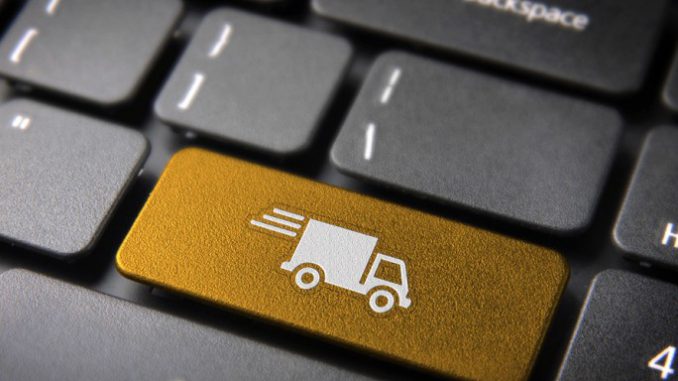
Shopping in one click? In Morocco, this trend of e-commerce has grown enormously during the current health crisis, following the spread of the new Coronavirus pandemic (Covid-19), which is likely to become a common behavior for consumers.
This strong interest has been seen in practically all sectors and has led sellers to review their communication strategies to adapt to this new reality and maintain the link with their customers. As a result, the commercial sites recorded a great success in terms of sales during this period suggesting promising prospects for this industry in the Kingdom.
Moreover, there can be no doubt that e-commerce is today a real lever for performance and growth, which makes it possible to compensate for the closure of physical points of sale and therefore avoid any risk of contamination by the virus.
“At a time when the entire economy seems to be on hold, a small territory is still resisting the virus. Online commerce suddenly becomes all commerce, or almost all commerce,” Mahdi Ouadghiri, e-commerce manager at a digital agency in Kenitra, told MAP in a statement. He said the Coronavirus could be a turning point in the transition to the digital economy.
Indeed, some consumers, who did not use the Internet for their daily purchases, have developed new habits during the containment that could last even after this period. “In particular, the delivery of fresh products from short distribution channels will benefit from the current crisis to attract new followers,” he said.
Ouadghiri said that according to a survey of 1,200 Moroccan consumers conducted by the agency, 40% of them say they are now ready to reduce the frequency of their visits to stores, their top priority being safety when they go to the shelves before products and prices, while 28% of them are ready to increase the frequency of their online purchases.
The survey also reveals that 25% of respondents confirmed that they have had at least one bad experience with late delivery (for 30% of respondents concerned), products received not matching the product ordered (20%), non-refund of the product (10%) or problems in the payment transaction for 7% of respondents, it argued. This e-commerce manager did not fail to point out that the economic crisis that will follow the health crisis will be a major driver for this channel, which has the triple advantage of allowing budget control, access to an attractive promotional offer and often at the same prices as in store.
He also stressed that the activity of commercial sites and sites of billers affiliated to the CMI is up 31.3% in number and 23.6% in amount compared to the first half of 2019. Moreover, he said that the activity of online payments of Moroccan cards has improved by 29.6% to 5.8 million transactions and 26.2% in amount to 2.7 million MMDH for the first six months of 2020.
Moroccan consumers, according to Mr. Bellali, have been more willing to pay online or by credit card (with contactless payment in particular) rather than in cash, in order to restrict the exchange of notes and coins and thus limit the risks of Covid-19 contamination.
In order to ensure that the online shopping habits of Moroccan consumers will continue, Moroccan companies are called upon to make greater marketing efforts to build loyalty among these new customers once the crisis is over. This is a strategic and complex objective, but one that can be largely achieved through good customer relationship management.

Be the first to comment